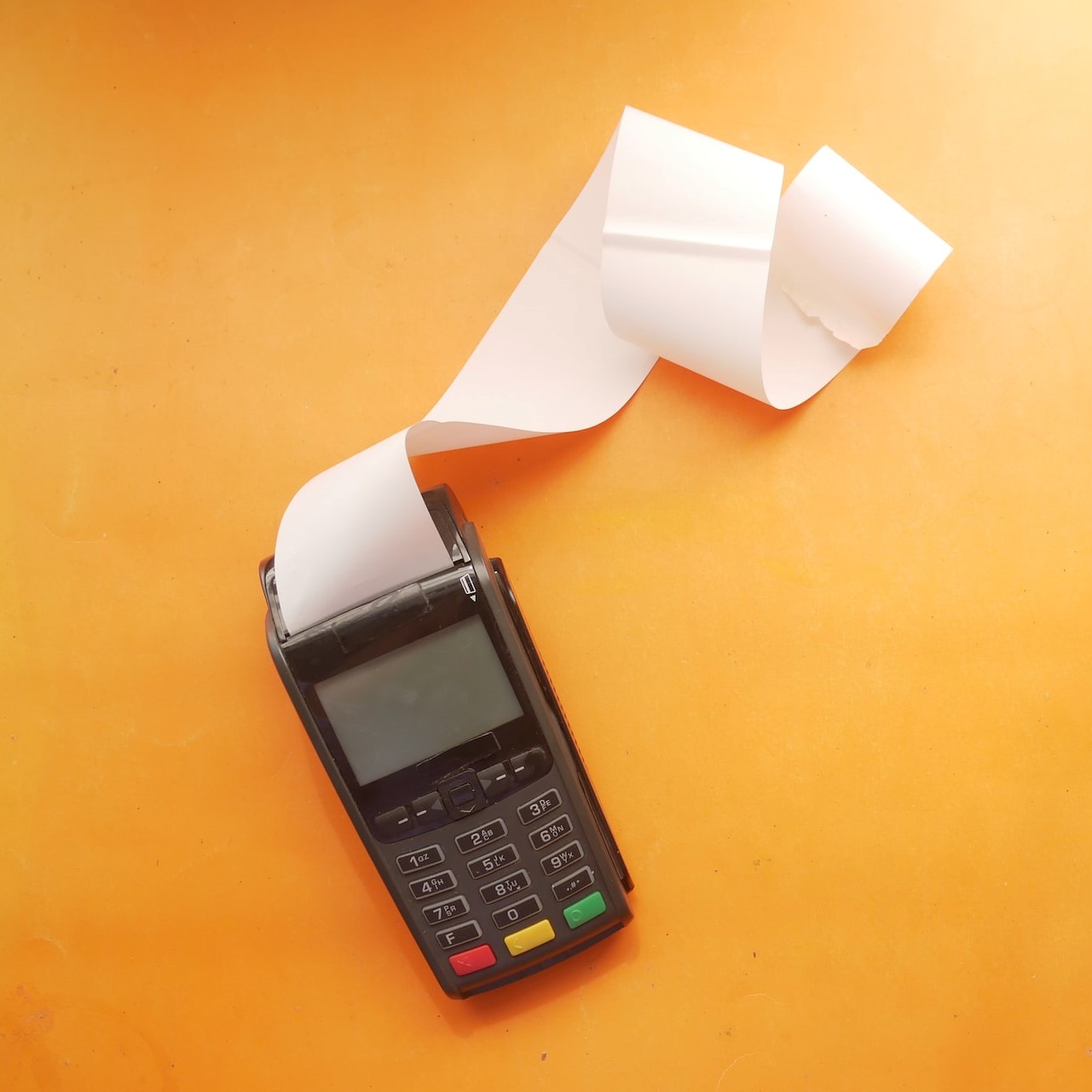Running a business can be difficult, whether you manage a limited company or are simply self-employed. Much of the uncertainty and stress that can arise from business ownership is financial. Despite all of the freedoms that comes with self-employment, these are often balanced out by a greater degree of responsibility. One of the main responsibilities facing business owners is keeping up with taxes. This means collecting the correct evidence, registering and completing assessments and of course, paying in full and on time. Tax season can be an anxious time, particularly for those with limited funds. Fortunately, there are ways in which you can reduce your tax burden and save money- one of which being expenses.
In the general day to day running of a business, many costs will be incurred. Some of these costs can be declared to HMRC as expenses and can provide tax relief. But what exactly can be claimed as expenses?
Travel
In business, travel can become a major expense but some of these costs can be claimed back through expenses. However it’s worth noting that not all travel and transport costs can be claimed as expenses. The major distinction here is whether the travel involves your permanent place of work or a temporary place work. For example, your commute to your permanent place of work is not permissible as an expense. However, if you’re travelling to meet a client, or attending an event, these costs are relevant.
Travel expenses which can be claimed back, include insurance, repairs and servicing, fuel, parking, train, bus and plane fares and hotel fees, just to name a few. Also, those who use traditional accounting can claim for the cost of their vehicle, via capital allowance. However, this is not an option for those who use simplified expenses.
Equipment
Whether you work from home or are based in an office, many business owners will need to invest in equipment, devices, stationery etc. In the majority of cases, many of these items are allowable expenses. However, you need to stick to items which are short-term, for example those which you would normally replace within a two-year period. These include stationery, printers, printer ink cartridges and software which you would normally update within two years.
For larger purchases, such as electronics, machinery and vehicles, some businesses can claim capital allowances in the form of depreciation. The idea being that you can claim back the cost of this equipment over a long-term period.
Bills
Another major cost facing businesses are bills and utilities, which can also be expenses. For example, those who work in an office can claim expenses for rent, business and water rates, utility bills, property insurance and security. Those who work from home can also claim these expenses but it becomes slightly more complicated.
Since your home is used for both business and non-business activities, you can only claim for the proportion of the bills which relate to business. For example, if you use one room as an office, then the rent expenses can only relate to that one space. This normally involves relatively simple calculations in which bills are divided by the number of rooms in your home, to work out which proportion of your costs pertain to business use.
As with many aspects of taxation, the process of claiming expenses can be complicated. Fortunately, there are expert solutions available, including third-party accountants and accountancy-based software which can automatically log expenses.
Business owners can also work with specialists in the field, such as Fund Flow who offer a comprehensive expense management service. To find out more about this or anything that Fund Flow offers, don’t hesitate to get in touch with them directly.















